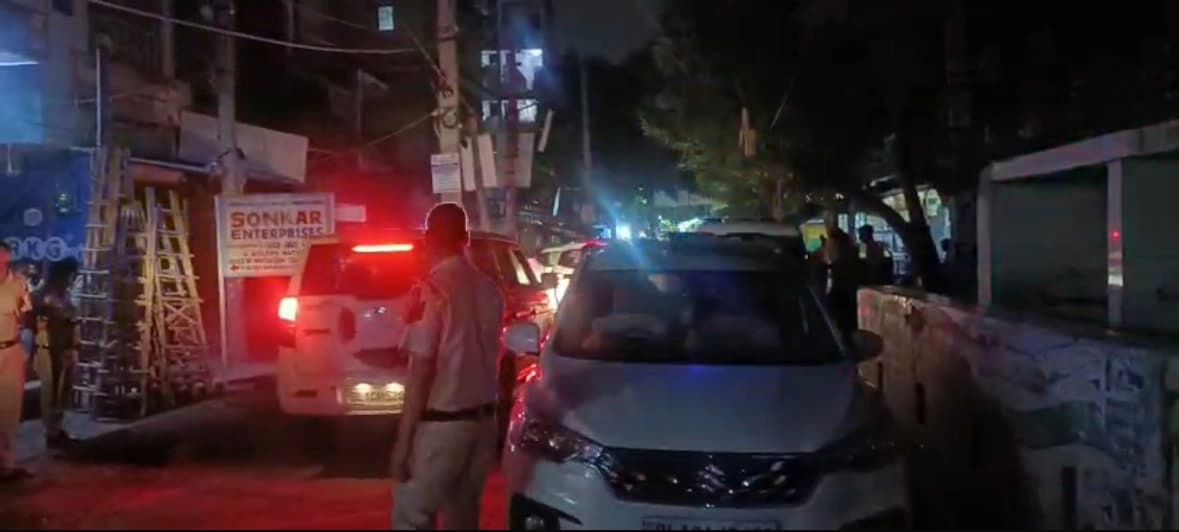In a shocking incident from Gujarat, a man was arrested for allegedly raping his sister on two occasions, driven by his anger over her relationship. The case has sent ripples through the local community, raising serious concerns about familial violence and the pervasive issue of gender-based crimes in society. According to police reports, the man confronted his sister after discovering her involvement with someone he disapproved of, leading to a violent confrontation that would have devastating consequences for the victim.
The first incident reportedly took place when the brother forcibly entered the sister’s room, compelling her to comply with his demands under the threat of violence. Despite her pleas, he committed the heinous act, leaving her traumatized. The situation escalated further during a subsequent encounter, where the brother, instead of showing remorse, repeated his actions, showcasing a disturbing pattern of abuse rooted in control and power dynamics. This behavior reflects a broader societal issue, where familial ties can sometimes be weaponized, leading to unspeakable acts of violence against women, often justified by misguided notions of honor and protection.
The victim eventually found the courage to report the incidents to the authorities, leading to the man’s arrest and the initiation of legal proceedings. This case underscores the critical need for systemic change in how society addresses domestic violence and sexual assault, particularly within families. It also highlights the importance of support systems for victims, ensuring that they feel safe and empowered to speak out against their abusers. Advocacy groups emphasize the need for education and awareness to combat the deeply ingrained attitudes that perpetuate such violence, urging communities to foster environments where victims can seek help without fear of judgment or retaliation.
As the case unfolds, it serves as a grim reminder of the work still needed to combat gender-based violence and protect the rights of women in India. It calls for a collective response from law enforcement, policymakers, and communities to create safer spaces for women and to challenge the cultural norms that allow such atrocities to occur. The hope is that through increased awareness and stronger legal frameworks, incidents like these can be significantly reduced, paving the way for a more just and equitable society.




